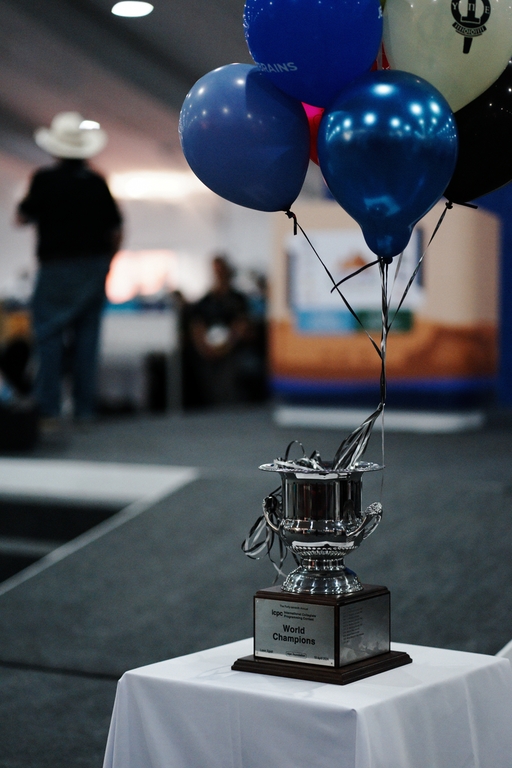Hi, Codeforces!
I welcome everyone to participate in Codeforces Round 941 (Div. 1) and Codeforces Round 941 (Div. 2), which will start on Apr/27/2024 17:35 (Moscow time).
Both divisions will be given 6 problems and 2 hours to solve them.
One of the problems was also used in the Yandex Cup finals, which was authored by tourist, so if you participated in the Yandex Cup finals or know the problems, please refrain from participating. All other problems were created and prepared by me.
I would like to thank:
- tourist for creating and preparing one of the problems
- 244mhq for coordinating the round and translating statements to Russian
- AlexanderL, Brovko, errorgorn, espr1t, ezdp, ezraft, IgorI, Java, Kaitokid, Leonardo16, MJavad, Thost, tourist, and Um_nik for testing the round
- and of course, MikeMirzayanov, for the Codeforces and Polygon platforms
Good luck to all the participants!
Score distribution:
Division 1: 500 — 1250 — 1500 — 2000 — 2500 — 3500
Division 2: 500 — 1000 — 1500 — 2000 — 2250 — 3000









 Hello Codeforces!
Hello Codeforces! 







